Unable To Meet TDSR & MSR Limits? Here Are 6 Things You Can Do
June 8, 2021

You’ve got your income documents, your bank statements, your valuation…and then the email comes saying your loan application is rejected. The TDSR and MSR can be shockers, especially to home buyers who purchased their property long before these rules. While it’s generally best to keep within the parameters of these servicing ratios, however, there are steps you can take if you’re going past them:
How do the TDSR and MSR affect your home loans?
The Total Debt Servicing Ratio (TDSR) applies to private properties and Executive Condominiums (ECs). Under the TDSR framework, your monthly home loan repayment – inclusive of other outstanding debts – cannot exceed 60 per cent of your monthly income.
The Mortgage Servicing Ratio (MSR) applies to HDB properties, including ECs (this means you need to pass both the MSR and TDSR for EC purchases). The MSR restricts your monthly home loan repayment to 30 per cent of your monthly income, not inclusive of other debts.
Note that the MSR applies regardless of whether you use a bank or HDB loan for your property.
In addition, note that – for the purposes of TDSR/MSR calculation – an interest rate of 3.5 per cent is assumed. This is regardless of the actual interest rate of the loan package.
Failing to meet the TDSR or MSR will result in your loan application being rejected.
The TDSR can also impact refinancing and home equity loans
The TDSR and MSR were only introduced in 2013. This means it’s possible for some borrowers to have qualified for some home loans prior to 2013, but cannot do so today.
For non-owner-occupied properties, the TDSR applies even when refinancing.
For example, say you’ve owned an investment property for 10 years, and are still servicing the loan. Currently, your income is $5,500 per month.
You try to refinance, looking for a loan quantum of $500,000, for the next 15 years. At a stimulated interest rate of 3.5 per cent, this would come to around $3,574 per month.
At $5,500 per month, however, your TDSR limit is only $3,300. As such, your application to refinance might be turned down, even though you had no issues getting a loan 10 years prior.
You might, however, be able to bypass the TDSR if you commit to a debt-reduction plan (see below).
For home equity loans, the TDSR applies if you cash out more than half the value of your property. For example, say you own a condo unit valued at $1 million. You would have to meet TDSR requirements if your home equity loan exceeds $500,000, but not if it’s under this amount.
What to do if you can’t meet the TDSR or MSR
- Increase the down payment, or extend the loan tenure
- Try to get other income sources recognised
- Make a fixed deposit with the bank
- Get proper pay slips
- Agree to a debt-reduction plan (if refinancing)
- Manage or settle non-housing debts (for TDSR)

1. Increase the down payment, or extend the loan tenure
The most immediate solution, if it’s possible, is to borrow less (i.e., make a bigger down payment), or extend your loan tenure. Both of these will lower your monthly loan repayment, possibly to the point where you would meet the servicing ratios.
2. Try to get other income sources recognised
Consistent income sources, such as rental income from your properties, can be considered for TDSR calculations. Some lenders are also willing to consider side-businesses, commissions, bonuses, and fixed income products (e.g., perpetual income bonds).
This varies on a case-by-case basis; what’s recognised by one bank may be ignored by another. This takes some looking around, but don’t have to approach each lender one at a time; just drop us a note and we can help you through it.
One possible down side, however, is that you won’t end up with the cheapest bank. The lender willing to accept your other income sources may not be the one with the cheapest loan package.

3. Make a fixed deposit with the bank
This is sometimes used as an alternative to making a bigger down payment. Some banks will count your income as being higher, based on the amount of the deposit you leave with them (e.g., counting your income as $1,000 higher, for a deposit of $150,000).
The interest earned on your deposit, as well as how much it affects your TDSR, will vary between lenders.
If you’re a parent putting down a deposit to help a child, please consult a qualified financial or legal professional first. You need to understand the ramifications if the home loan isn’t repaid, and the terms and conditions if you ever need to withdraw the money. Penalties and restrictions vary significantly between lenders.

Property Market CommentaryIs It Time To Refinance From An HDB Loan To A Bank Loan?
by Ryan J. Ong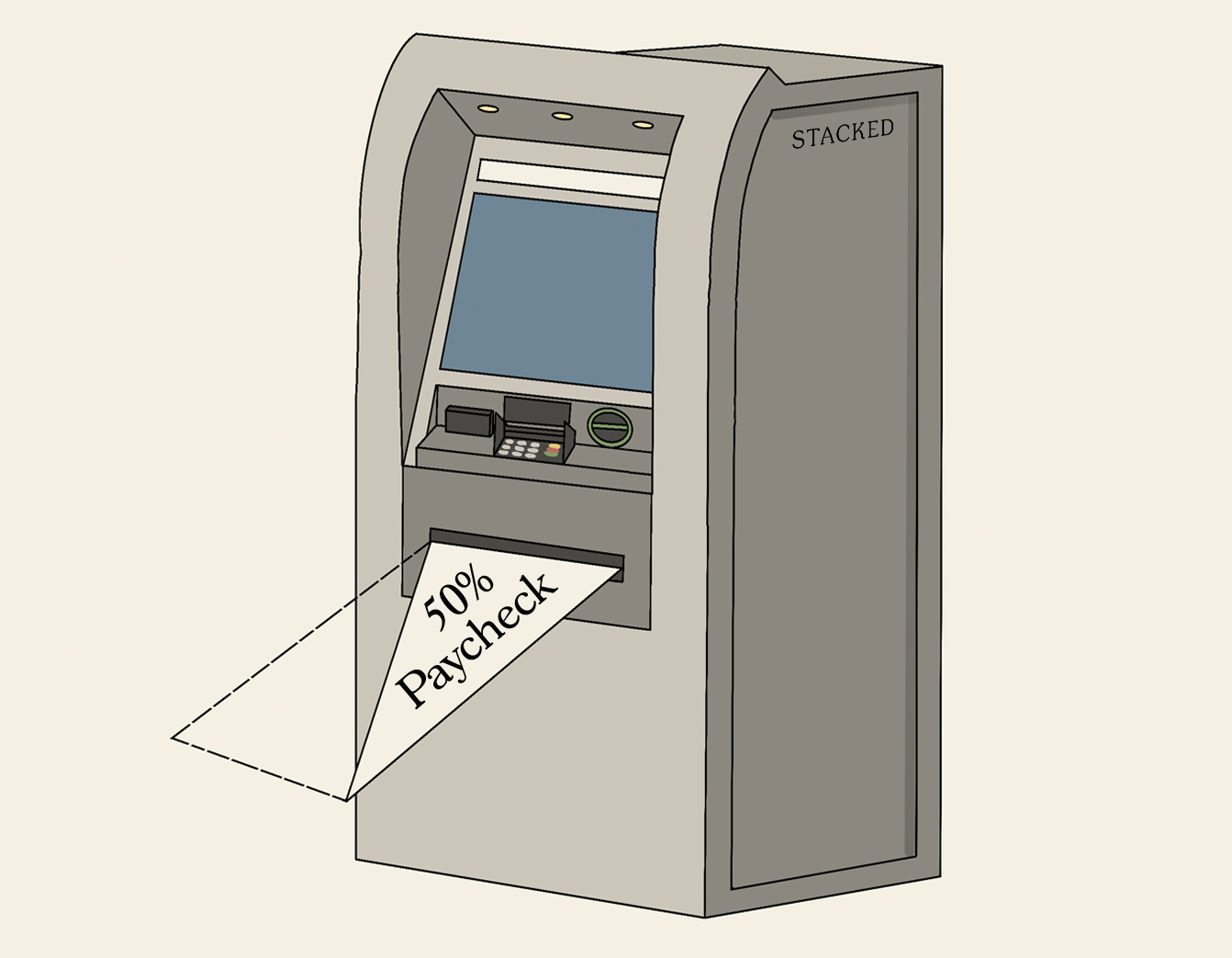
4. Get proper pay slips
Variable income, such as from commissions, counts as 30 per cent less for TDSR calculations. What many borrowers may not realise, however, is that improper payslips can have the same effect.
Some lenders see red flags if you show them hand-written payslips, irregular bank transfers via PayNow, or payslips where the income seems to be from different sources every month. Even if you don’t get an outright rejection, it can cause your income to be treated as variable.
One possible solution is to just explain things to your employer, and get the paperwork in order. In our experience, it’s easiest to ask the mortgage banker what exactly they want to see, and then bring it to your employer.
5. Agree to a debt-reduction plan
If you’re trying to refinance investment properties, you may find that age and available loan tenure, or falling income, make this difficult.
In these cases, you can sometimes bypass the TDSR by agreeing to a debt-reduction plan. In most cases you must agree, at the time of the refinancing, to pay back at least three per cent of the outstanding loan, over the next 36 months. If you can do this, you may be allowed to refinance regardless of servicing ratios.
Note, however, that approval for such a plan is not automatic. Lenders will still subject you to their own credit assessment, so you may need to approach more than one bank.
6. Manage or settle non-housing debts (for TDSR)
The lower your non-housing related debts, the easier it is to meet the TDSR. For example, say your monthly income is $7,000, and your TDSR is normally $4,200.
You could easily qualify for a home loan of around $835,000, over 25 years (at 3.5 per cent interest, monthly repayments are only around $4,000).
But say you have a car loan, that takes up an added $1,500 a month. Your TDSR limit would then drop to $2,700 a month, reducing your loan quantum to just $540,000.
As such, it’s best to pay down any non-housing related loans before your application. Alternatively, if you’ve tried and failed, spend some time paying down the debts before applying again.
Also take note of co-borrower debts
Some borrowers forget to check on the debts of co-borrowers, such as spouses, siblings, parents, etc. If your co-borrower is deeply in debt, it’s possible that they’re causing you to exceed the TDSR threshold. As such, you may want to look beyond their age and income; it might be better to find a co-borrower with a lower debt load.
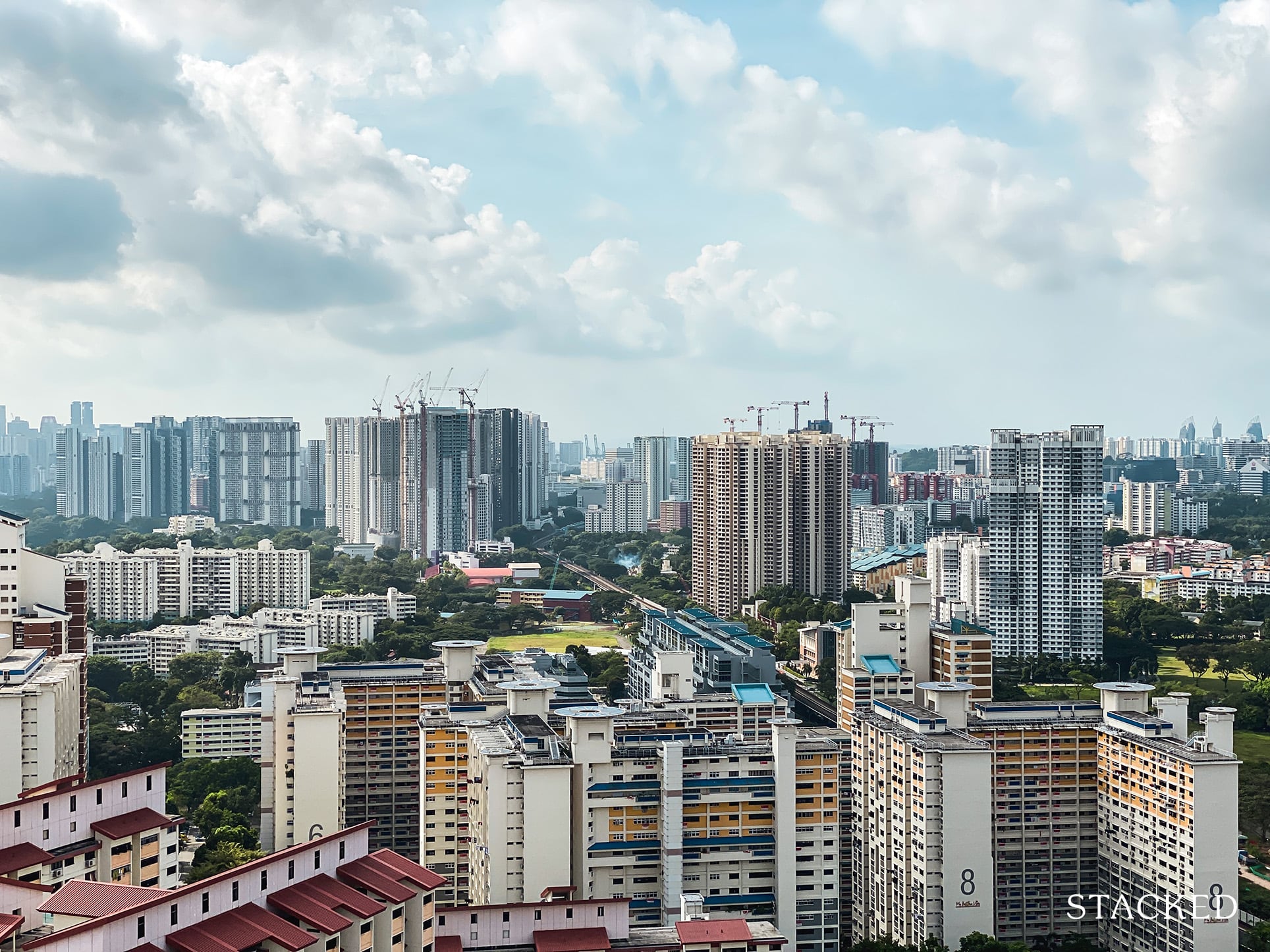
As a final point of consideration, it’s sometimes better to accept the TDSR or MSR limit, and buy something cheaper
It’s generally inadvisable to take on debts that exceed 30 per cent of your monthly income. The TDSR and MSR exist to ensure that you can cope with rising interest rates, unexpected loss of income, or other such factors.
This is a key concern during Covid-19. Not only is job security threatened, interest rates are abnormally low – home loan rates have gone as low as 1.2 per cent, as opposed to historical norms of close to four per cent before the last Global Financial Crisis. Property is a long-term investment though, so you do need to think decades ahead.
When it comes to getting around the TDSR and MSR, just because you can doesn’t always mean you should. It’s often safer to get a smaller home now, let it appreciate, and then upgrade later.
For more on the Singapore private property market, as well as reviews of new and resale properties alike, follow us on Stacked.
At Stacked, we like to look beyond the headlines and surface-level numbers, and focus on how things play out in the real world.
If you’d like to discuss how this applies to your own circumstances, you can reach out for a one-to-one consultation here.
And if you simply have a question or want to share a thought, feel free to write to us at stories@stackedhomes.com — we read every message.
Ryan J. Ong
A seasoned content strategist with over 17 years in the real estate and financial journalism sectors, Ryan has built a reputation for transforming complex industry jargon into accessible knowledge. With a track record of writing and editing for leading financial platforms and publications, Ryan's expertise has been recognised across various media outlets. His role as a former content editor for 99.co and a co-host for CNA 938's Open House programme underscores his commitment to providing valuable insights into the property market.Need help with a property decision?
Speak to our team →Read next from Property Advice

Property Advice We Can Buy Two HDBs Today — Is Waiting For An EC A Mistake?

Property Advice I’m 55, Have No Income, And Own A Fully Paid HDB Flat—Can I Still Buy Another One Before Selling?

Property Advice We’re Upgrading From A 5-Room HDB On A Single Income At 43 — Which Condo Is Safer?

Property Advice We’re In Our 50s And Own An Ageing Leasehold Condo And HDB Flat: Is Keeping Both A Mistake?
Latest Posts

Overseas Property Investing Savills Just Revealed Where China And Singapore Property Markets Are Headed In 2026

Singapore Property News The Unexpected Side Effect Of Singapore’s Property Cooling Measures

Property Market Commentary We Review 7 Of The June 2026 BTO Launch Sites – Which Is The Best Option For You?

















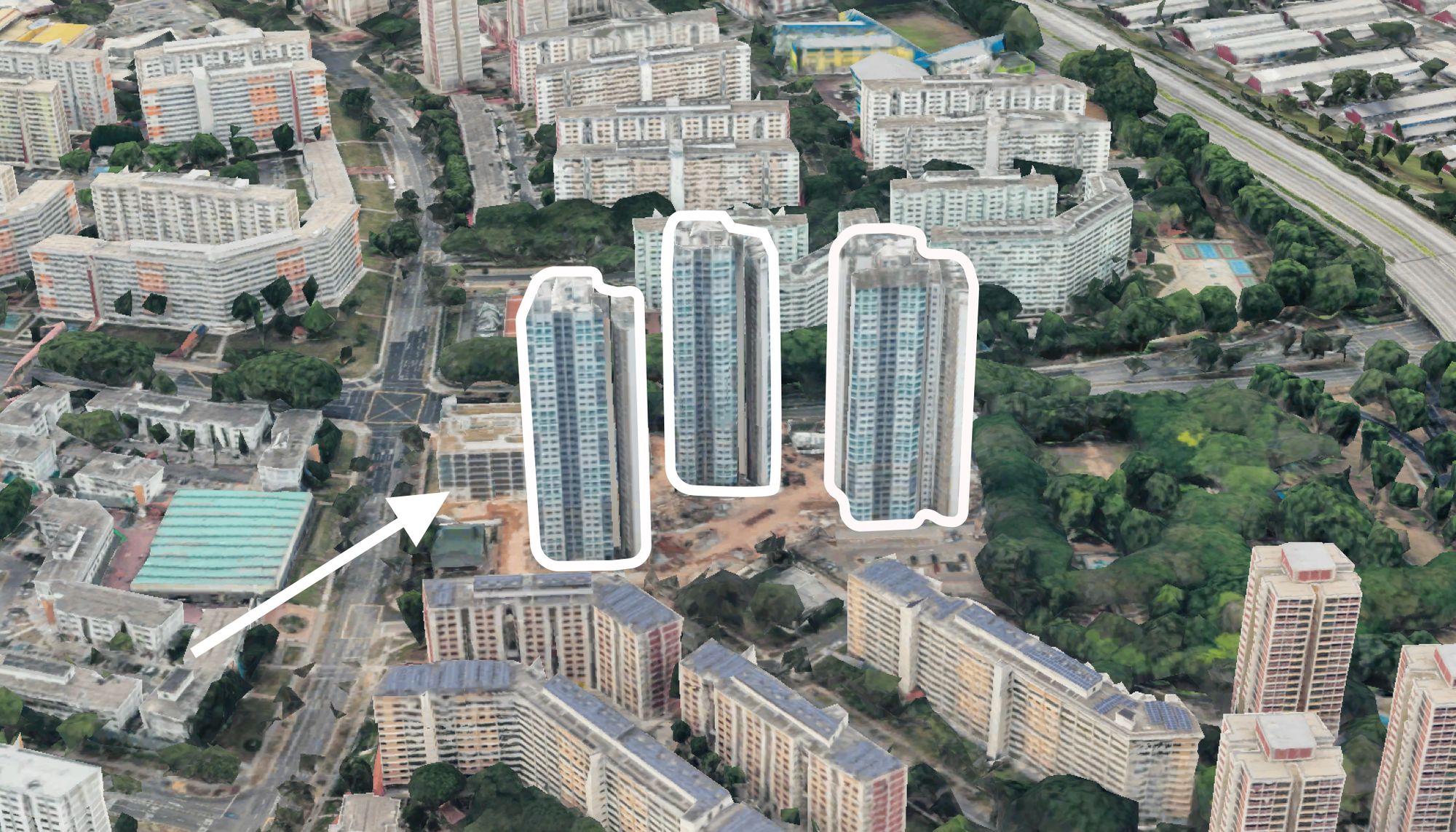
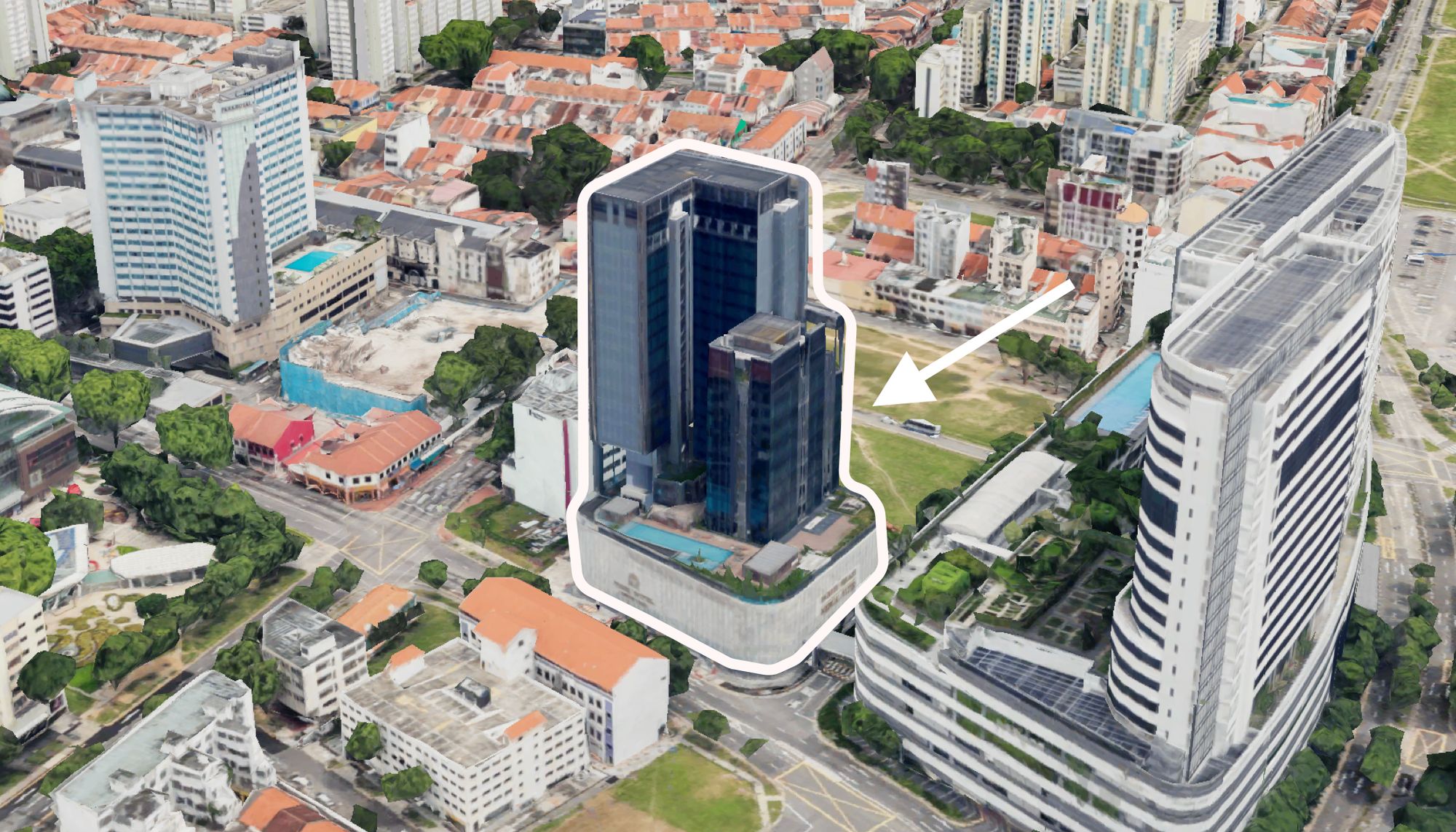

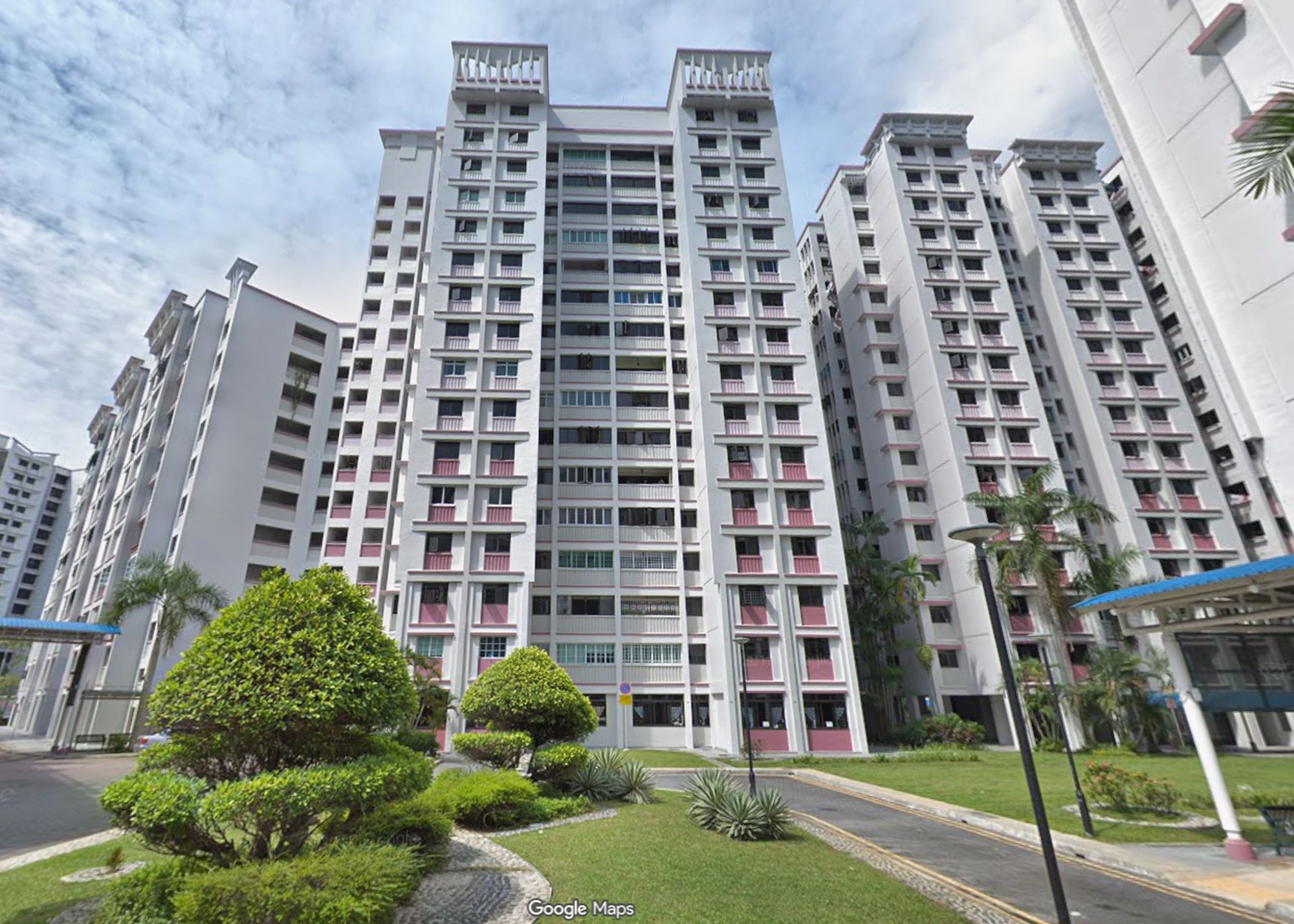









0 Comments